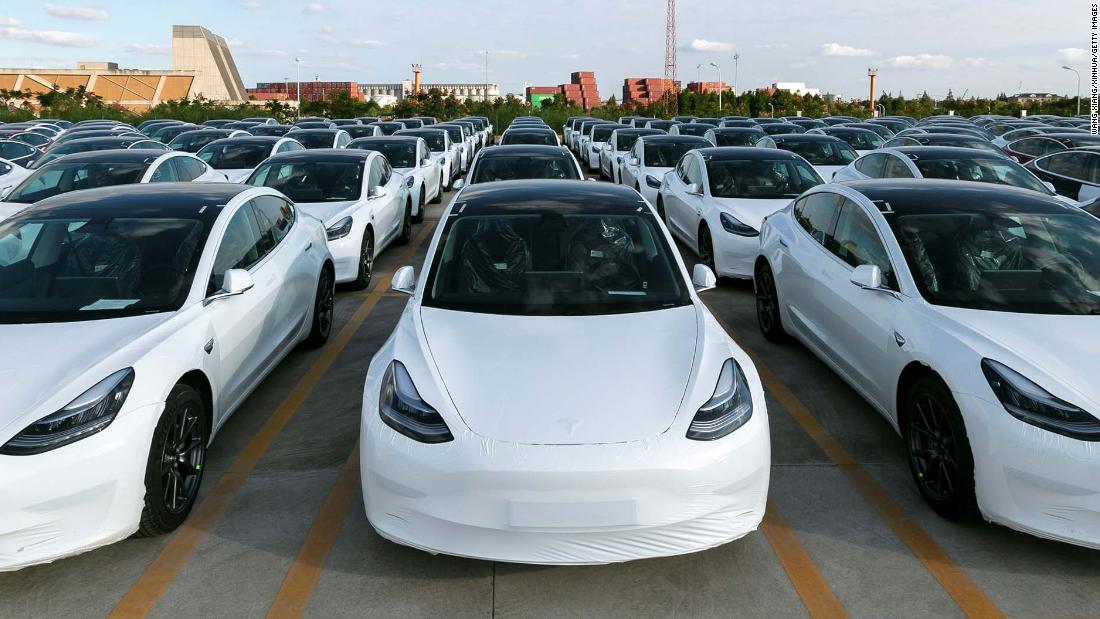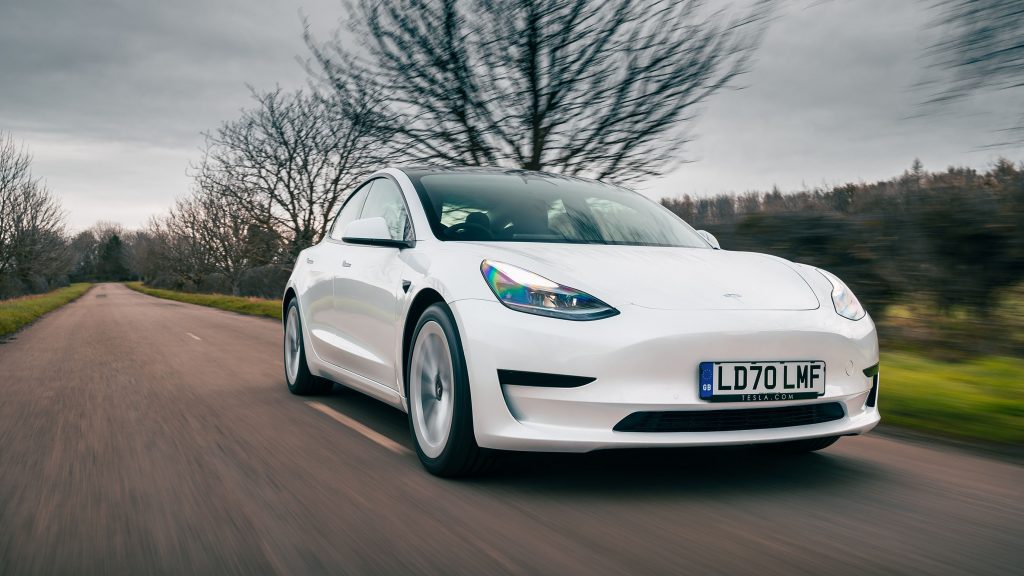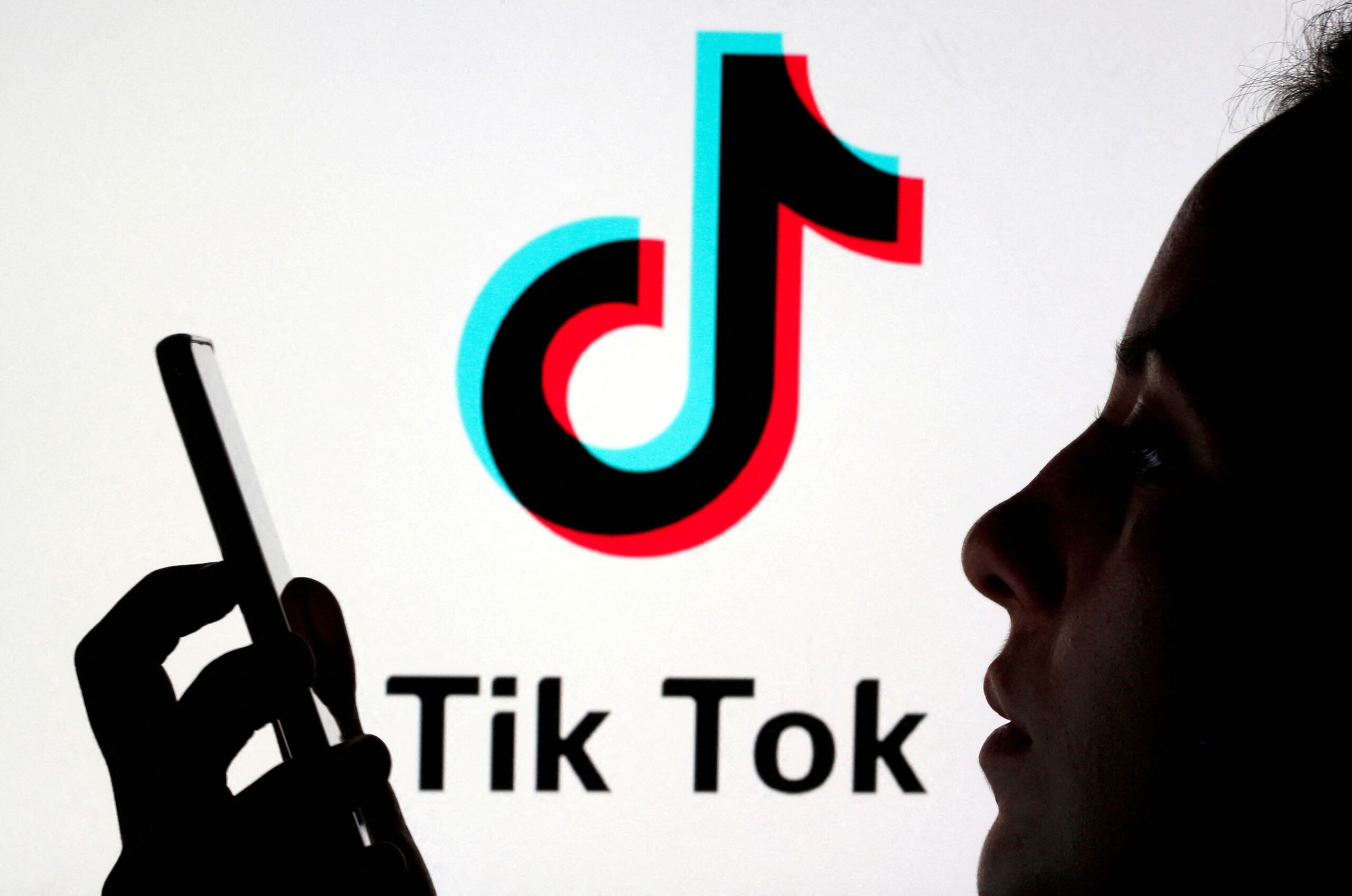The United States’ longstanding advocacy for an open internet faces a critical juncture as Congress considers legislation targeting TikTok.
The proposed measures, including a forced sale or outright ban of TikTok, have sparked concerns among digital rights advocates and global observers about the implications for internet freedom and international norms.
For decades, the U.S. has championed the concept of an unregulated internet, advocating for the free flow of digital data across borders.
However, the move against TikTok, a platform with 170 million U.S. users, has raised questions about the consistency of America’s stance on internet governance.
Critics fear that actions against TikTok could set a precedent for other countries to justify their own internet censorship measures.
Russian blogger Aleksandr Gorbunov warned that Russia could use the U.S. decision to justify further restrictions on platforms like YouTube.
Similarly, Indian lawyer Mishi Choudhary expressed concerns that a U.S. ban on TikTok would embolden the Indian government to impose additional crackdowns on internet freedoms.
Moreover, the proposed legislation could complicate U.S. efforts to advocate for an internet governed by international organizations rather than individual countries.
China, in particular, has promoted a vision of internet sovereignty, advocating for greater national control over online content.
A TikTok ban could undermine America’s credibility in urging other countries to embrace a more open internet governed by global standards.



 News3 days ago
News3 days ago


 Leaders1 day ago
Leaders1 day ago


 Shows1 day ago
Shows1 day ago


 News1 day ago
News1 day ago


 News2 days ago
News2 days ago


 Tech1 day ago
Tech1 day ago


 Shows2 days ago
Shows2 days ago


 News2 days ago
News2 days ago














